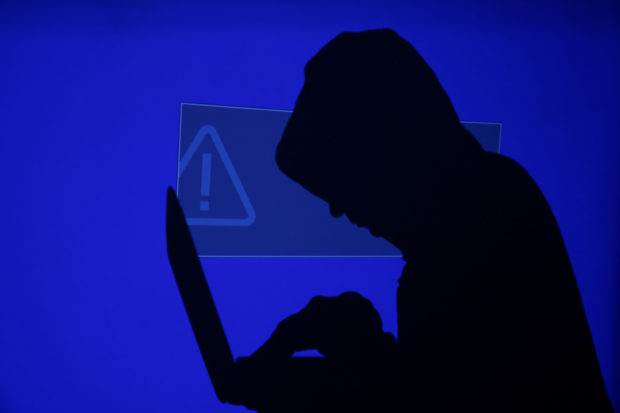A lawmaker is pushing for two separate measures that would protect online shoppers from scammers and ensure they actually receive the items they bought.
Deputy Majority Leader and Iloilo City Rep. Julienne Baronda filed House Bill Nos. 9530 and 9531, which were both referred to the House committee on trade and industry and aim to “contribute to the continued growth and sustainability of the e-commerce industry while prioritizing the protection of consumer rights.”
Baronda said that HB 9530 or the proposed Online Scammer Accountability Act is “crafted with the primary purpose and intent of protecting buyers who engage in online transactions by establishing penalties for online scammers involved in fraudulent activities.”
On the other hand, HB 9531, or the proposed Online Transaction Buyer Protection Act of 2023, would set “stringent measures to protect buyers in online transactions by ensuring the legitimacy of items delivered.
Fraudulent activities
A Philippine National Police report showed that from January to August this year, 1,615 persons lost over P68.8 million in online selling scams; 911 victims lost around P6 million in investment scams; 821 victims defrauded of some P3.2 million in phishing activities; 533 victims who lost nearly P21 million in package scams; and 302 victims who lost some P5.9 million in accommodation scams.
In filing HB 9530, Baronda explained that she aims to “enhance consumer trust and security in e-commerce, deter fraudulent practices, and provide legal recourse for buyers adversely affected by online scams.”
She further said that the draft measure seeks to criminalize various forms of online scams and provide the corresponding penalties. It would also seek heavier penalties for repeat offenders.
HB 9530 identifies as prohibited acts: false advertising or misrepresentation of products or services; nondelivery of purchased items; delivery of counterfeit or misrepresented goods; unauthorized use of personal or financial information; and any other deceptive or fraudulent practices with the intent to defraud buyers.
It provides, “Online scammers found guilty of engaging in prohibited activities … shall be subject to penalties, including but not limited to fines, restitution to affected buyers and imprisonment as determined by the severity of the offense in addition to any criminal act that they may have committed under the Revised Penal Code.”
“Repeat offenders may face more severe penalties, including longer imprisonment terms and higher fines,” the bill further provides.
Meanwhile, in filing HB 9531, Baronda said the measure would allow “buyers the opportunity to verify the contents of a package upon delivery, thus preventing fraudulent or incorrect deliveries.”
By doing so, buyers can make informed decisions and trust that the products they have purchased are accurate once delivered,” she explained. INQ
